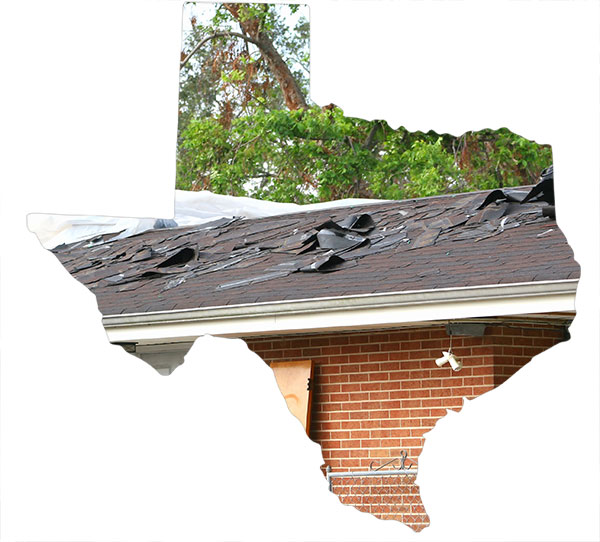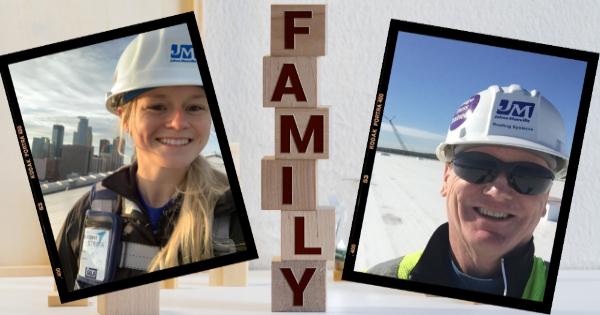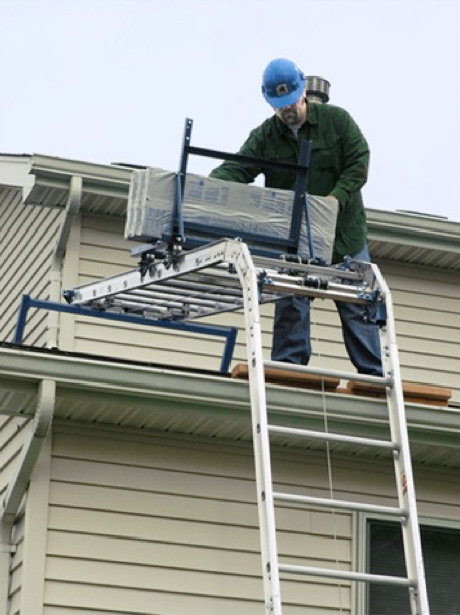Honesty with Policies: Business Tactics Roofers Should Avoid

One of the policies in Texas is that a roofer, even if also licensed to perform adjustment work, cannot perform both services for the same claim.
By Trent Cotney.
The demand for roofing work often increases after any natural disaster or, in Texas, after a severe storm. Insurance usually pays for roofing repairs after severe weather which results in roofers, some from out of state, appearing and increasing their advertising efforts to get a portion of the business. Roofers should be aware that improperly charging insurance companies can result in the contract being voided and criminal penalties. Avoiding that scenario requires an understanding of what practices are illegal and are red flags for insurance companies and state authorities.
It is common for roofers to offer free or discounted insurance-covered work to homeowners, to pay or absorb a homeowner’s deductible or to offer to help negotiate the value of an insurance claim. Those tactics may seem relatively harmless and good ways to get work but they are illegal. Texas law provides that only a licensed adjuster is able to submit and negotiate an insurance claim. In addition, the Texas insurance code prohibits an adjuster from profiting from an adjustment of a claim and making the repairs associated with that adjustment. A roofer, even if also licensed to perform adjustment work, cannot perform both services for the same claim. Doing so presents a conflict of interest that can result in the contract being ruled as void.
Also, when performing work which is covered by insurance, make sure you are billing for the work based on the rates usually charged by other local roofers. Under Section 27.02 of the Texas Business and Commercial Code, it is illegal for a person selling goods and services (including roofing): 1) to promise to pay an insurance deductible or provide a rebate in the amount of an insurance deductible, 2) to allow the goods or services be paid from insurance proceeds, and 3) to charge rates for the goods and services which are above the “usual and customary” amount charged for those goods or services and such excessive charge is by an amount “equal to or greater than the applicable insurance deductible.” In addition, a person who submits or prepares a claim or any information to an insurance company with the intent to deceive that insurance company commits insurance fraud which can be considered a felony if the value of the claim is $1,500 or more. Anytime a roofer attempts to help the homeowner out of paying their deductible either through overbilling or converting the deductible to a “sign fee” or “advertising,” that roofer is potentially breaking the law and opening itself up to criminal penalties.
Often, when a roofer engages in these practices, it is the homeowner who winds up with the most liability because the homeowner usually submits the false invoice or receipt to the insurance company. Many unscrupulous roofers will encourage customers to save some money by deceiving the insurance company knowing that the insurance company will pursue the customer once the issue is uncovered. Any roofer who wants to avoid prosecution and maintain a good reputation from its customers should make sure to avoid assisting customers from obtaining a higher payout from insurance companies and make sure customers know not to misrepresent to its insurance company how much it has paid.
Author’s note: The information contained in this article is for general educational information only. This information does not constitute legal advice, is not intended to constitute legal advice, nor should it be relied upon as legal advice for your specific factual pattern or situation. Regulations and laws may vary depending on your location. Consult with a licensed attorney in your area if you wish to obtain legal advice and/or counsel for a particular legal issue.
Trent Cotney represents the roofing industry as a Florida Bar Board Certified Construction Lawyer, General Counsel and a director of the Florida Roofing Sheet Metal and Air-Conditioning Contractors Association (FRSA), General Counsel for the National Women in Roofing (NWIR), Treasurer and a director of the West Coast Roofing Contractors Association (WCRCA), a member of the National Roofing Contractors Association (NRCA) and several other roofing organizations. For more information, please visit www.roofinglawyer.com.






















Comments
Leave a Reply
Have an account? Login to leave a comment!
Sign In